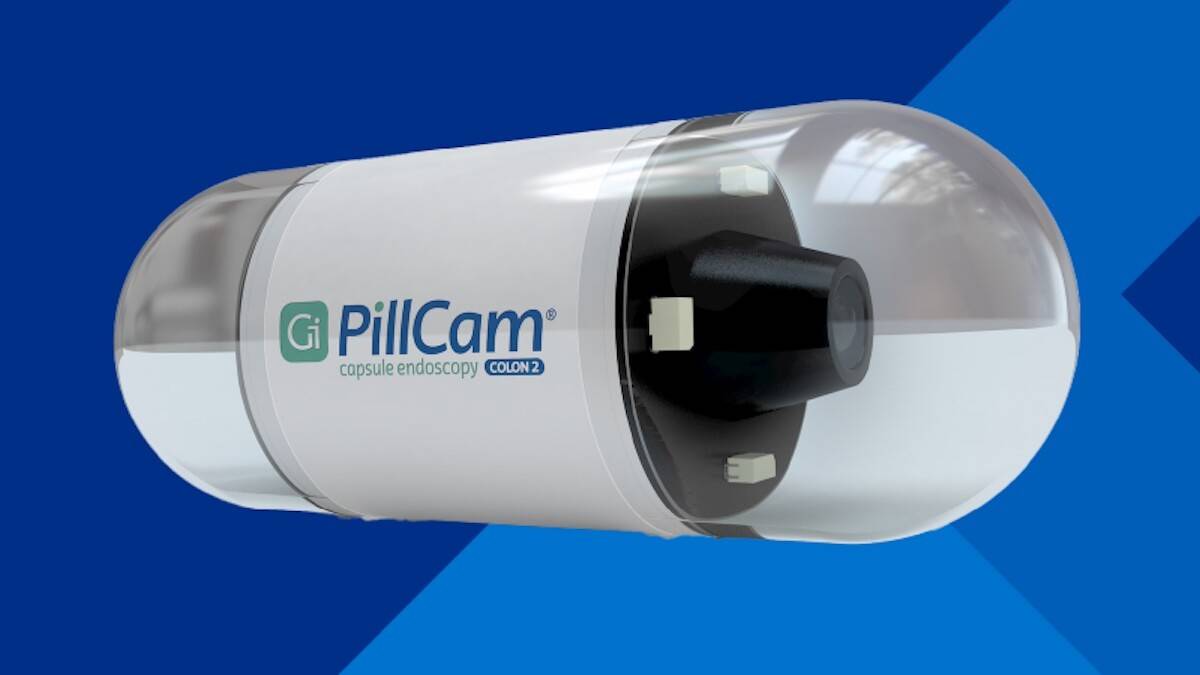A sustainable planet is the foundation for sustainable healthcare. In line with this principle, NHS Supply Chain is intensifying its collaboration with suppliers such as Medtronic Limited to drive forward decarbonisation initiatives across the healthcare sector. By working together, the two organisations aim to significantly reduce carbon emissions, from operational activities to the broader healthcare value chain.
Medtronic has set bold climate targets, aligning with the Science Based Targets initiative (SBTi). The company aims to achieve carbon neutrality across its direct operations (Scope 1 and 2) by 2030, and to reach net zero emissions throughout its entire value chain (Scope 1, 2 and 3) by 2045. Formal SBTi validation of these goals is expected later this year.
Carbon Reduction Plan
As part of its UK commitment, Medtronic reports its progress through the NHS-mandated Carbon Reduction Plan (CRP). This plan includes tangible actions such as:
- Downsizing office footprints
- Implementing proactive waste reduction and recycling
- Promoting energy awareness among employees
- Encouraging electric vehicle adoption through staff incentives
Medtronic’s sustainability strategy is comprehensive, encompassing both internal culture and external partnerships. Internally, the company has created an Environmental Action Group to foster awareness and climate responsibility across its workforce. Externally, Medtronic collaborates with the Association of British HealthTech Industries (ABHI) Sustainability Members Group to share knowledge and co-develop decarbonisation pathways grounded in evidence and best practice.
Innovation as a driver of sustainable care
One of Medtronic’s key priorities is assessing the environmental footprint of its technologies across the entire care continuum. A prime example is the PillCam capsule (pictured below) endoscopy platform, which offers a minimally invasive method to visualise the gastrointestinal tract. By reducing the need for traditional endoscopic procedures, the PillCam™ has the potential to lower emissions and healthcare waste, while also supporting diagnostic care in outpatient or community-based settings.
Remote patient monitoring offers another opportunity for sustainable impact. By limiting unnecessary hospital visits, this approach reduces patient travel and carbon emissions, while enabling earlier detection and intervention in chronic care pathways. Additionally, Medtronic is evaluating the broader use of day case procedures as a low-impact alternative to inpatient care. This model reduces resource consumption and supports a more energy-efficient health system.

Building the evidence base for greener care
In the coming year, Medtronic will continue working with NHS Supply Chain and healthcare providers to develop case studies. These will help define robust methods for evaluating and improving the environmental performance of clinical care delivery.
PillCam is available under NHS Supply Chain’s Medical Technology category. For more information, contact the Medical Technology check the useful links below.
Medical Technology
Category information page including contact details for the Medical Technology team.
Endoscopy Consumables and Associated Products
Find out more about this framework including PillCam™ details.
Reducing Carbon Impact Through Supplier Collaboration
A blog series highlighting our efforts, together with suppliers, to reduce carbon emissions across the NHS.









